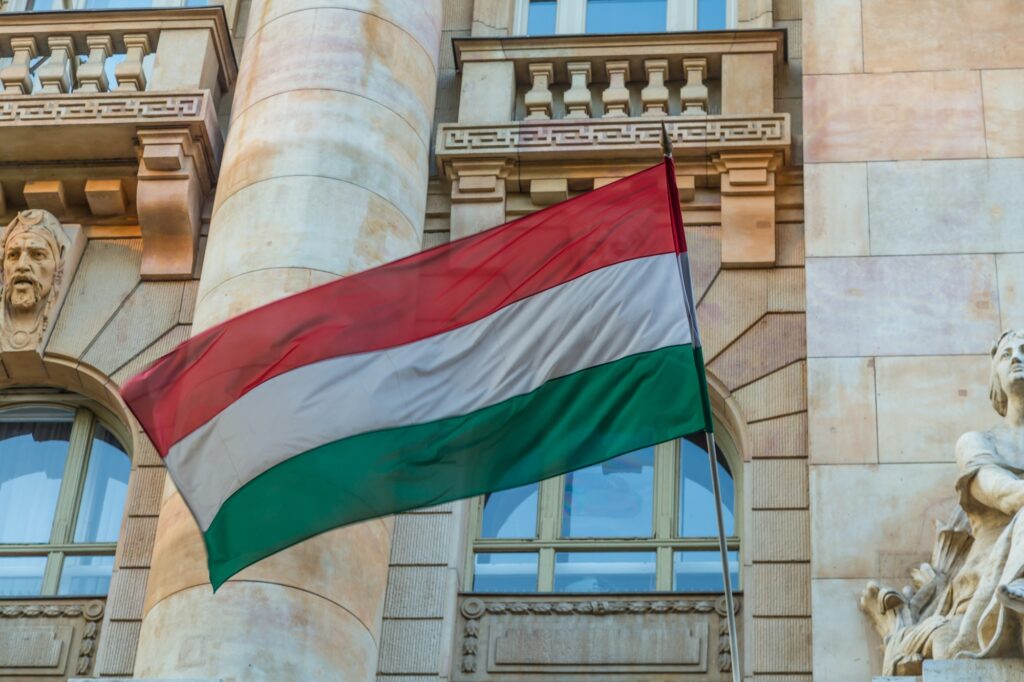Hungary has made a bold step on the global stage by announcing the reopening of its embassy in Syria’s capital, Damascus. This marks the first such move by an EU country since the Syrian civil war erupted in 2011. According to Hungarian Foreign Minister Péter Szijjártó, the decision is driven by the stabilization of security in the region and the need to closely monitor the situation in Syria as it transitions out of a decade-long conflict.
This move has raised both eyebrows and hopes, as it comes at a time when Europe debates its stance on Syria’s post-war reconstruction and future relations. Hungary, known for its independent diplomatic choices, appears to be signaling a willingness to engage directly with a region crucial to broader geopolitical stability.
Resumption of Diplomatic Presence
The reopening of the embassy in Damascus is more than a logistical operation; it is a political statement. By reinstating a diplomatic presence in Syria, Hungary aims to gather first-hand information on the ground, ensuring it has direct access to developments in the country. This is particularly significant in a region where reliable information is often clouded by political interests and media narratives.
Moreover, this move positions Hungary as a potential bridge between the European Union and Syria, a role that could grant Budapest increased influence in Middle Eastern affairs.
Support for Christian Communities
One of the central pillars of Hungary’s foreign policy has been the protection and support of Christian communities worldwide, particularly in regions plagued by conflict. Syria is home to some of the oldest Christian communities in the world, many of which have suffered greatly during the civil war.
Hungary has pledged continued humanitarian aid to these communities, emphasizing its commitment to preserving their cultural and religious heritage. This focus aligns with Hungary’s broader narrative of protecting Christian values on a global scale, a theme that resonates strongly in its domestic and international policies.
Regional and Global Interests
Hungary’s engagement in Syria reflects its broader interest in contributing to peace and stability in the Middle East. As migration remains a hot-button issue across Europe, Budapest recognizes the importance of addressing root causes in the region, including economic and social recovery after conflict.
Hungary’s decision also highlights its pragmatic approach to diplomacy. By reopening its embassy, it signals readiness to engage with the Syrian government directly, a move that could pave the way for broader EU discussions about re-establishing ties with Damascus. This comes after the EU’s Chief Diplomat, Kaja Kallas, suggested exploring the possibility of reopening the EU delegation in Syria, which could eventually lead to the resumption of relations.
Challenges and Controversies
Despite its strategic intentions, Hungary’s decision is not without controversy. The Syrian government, led by President Bashar al-Assad, remains a polarizing figure in international politics. Critics argue that engaging with Assad’s government risks legitimizing its actions during the civil war. Others contend that dialogue and presence are necessary steps toward meaningful change and rebuilding trust.
Hungary, however, has often charted its own course in foreign policy, unafraid to challenge EU consensus. This independence is evident in its willingness to reopen the embassy despite potential criticism from its European neighbors.
Conclusion
Hungary’s decision to reopen its embassy in Damascus is a calculated move that balances diplomacy, humanitarian commitment, and strategic interests. It reflects Budapest’s desire to play a more active role in Middle Eastern affairs while advocating for the rights of vulnerable communities, such as Syria’s Christians.
Whether this move will inspire other EU countries to follow suit remains to be seen. What is clear, however, is that Hungary is positioning itself as a pragmatic and proactive player in international diplomacy, willing to take calculated risks for the sake of broader stability and influence.
#Hungary
Source – schengen.news










